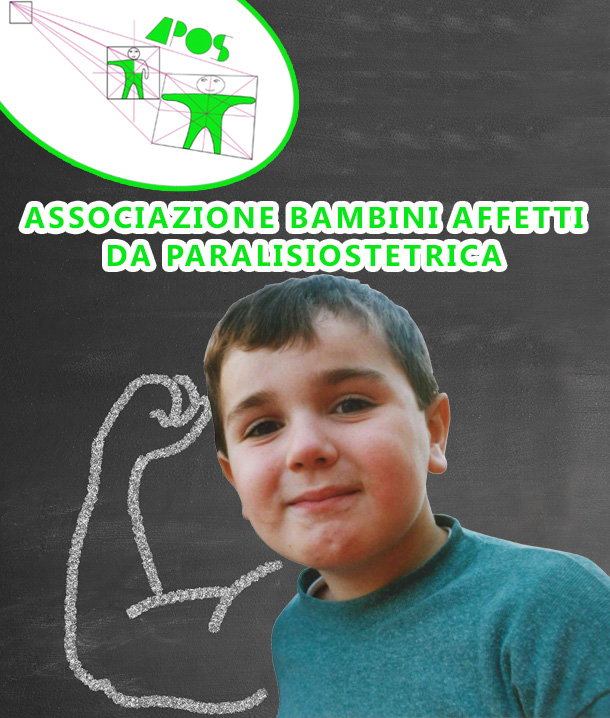
 |
|
 |
|
 |
|
 |
|
 |
|
 |
|
 |
|
 |
|
|
|
|
 |
|
|
|
|
 |
|
 |
|
 |
|
 |
|
 |
|
 |
Workshop for Delphi-Validation for TBPI | March 6, 2024, from 15:30-17:00, CET (14:30-16:00, GMT)
Background of the survey: Brachial plexus injury (BPI) or Plexus paralysis caused by trauma can lead to severe deficits in the shoulder/arm complex and therefore have serious consequences for those who are affected. Since it is usually not possible to completely restore function by surgical means, alternative options, such as a technical support system, gain attention. Current research project: A current research project of the Fraunhofer Institute for Manufacturing Engineering and Automation (IPA), Stuttgart, Germany in collaboration with the University of Stuttgart, addresses this need for technical support systems for people with plexus paralysis. Thus, the hypothesis is investigated whether an active body-worn exoskeleton/orthosis enables the (re)habilitation of affected persons. In a first step, an analysis of the requirements and needs of the users is to be carried out. Survey to investigate needs: As one part of this needs analysis, systematic surveys of various focus groups are used to solicit their expertise. This is the basis for further developments. The expertise of these five different groups of people is of particular interest to us: (a) Medical professionals: (neuro)surgeons, orthopedists, neurologists (b) Therapeutic specialists: physiotherapists and occupational therapists (c) Health care providers: orthopedic technicians, Research & Development (industry, university, …) (d) Persons affected by plexus paralysis (e) Secondary affected persons: nurses and relatives Survey Procedure: In the course of the so-called Delphi method, various groups of experts are asked for their assessment. In successive rounds of questioning, the results are compiled and finally brought to a consensus. This is already the second round - you can of course also take part if you haven't heard of the first round! In the current round you can see the results of the previous survey, just start the survey. The link to the current questionnaire is available until 30 th of June 2024 and can be edited until then. You can interrupt the questionnaire at any time and continue later. The survey will take about 15min in total. We are more than grateful for further distribution of the questionnaire within your, but also within the other groups. We would be pleased if you could support us with this project! Just forward the link, the corresponding group can be chosen individually. Using this link you will find access to the questionnaire: https://ww3.efs-survey.com/uc/Fraunhofer_IZB/eee0/ Veronika Hofmann M.Sc. Research Associate Nobelstrasse 12 │ 70569 Stuttgart │ Germany Phone +49 711 970-3510 veronika.hofmann@ipa.fraunhofer.de www.ipa.fraunhofer.de Thank you very much for your interest and participation in the survey!
TRADUZIONE NON RIVISTA DALL'AUTORE
"
Contesto del sondaggio:
La lesione del plesso brachiale (BPI) o la paralisi del plesso causata da un trauma possono portare a gravi deficit nel complesso spalla/braccio e
comportano quindi gravi conseguenze per coloro che ne sono colpiti. Poiché di solito non è possibile ripristinare completamente la funzione
con mezzi chirurgici, opzioni alternative, come un sistema di supporto tecnico, attirano l'attenzione.
Progetto di ricerca attuale:
Un progetto di ricerca attuale dell’Istituto Fraunhofer per l’ingegneria della produzione e l’automazione (IPA), Stoccarda,
La Germania, in collaborazione con l'Università di Stoccarda, affronta questa esigenza di sistemi di supporto tecnico per le persone con
paralisi del plesso.
Pertanto, si indaga l’ipotesi se un esoscheletro/ortesi attiva indossata dal corpo consenta la (ri) riabilitazione delle persone colpite.
persone. In una prima fase si dovrà effettuare un'analisi delle esigenze e dei bisogni degli utenti.
Sondaggio per indagare i bisogni:
Come parte di questa analisi dei bisogni, vengono utilizzate indagini sistematiche di vari focus group per sollecitare la loro competenza. Questa è la base
per ulteriori sviluppi.
Le competenze di questi cinque diversi gruppi di persone sono di particolare interesse per noi:
(a) Professionisti medici: (neuro)chirurghi, ortopedici, neurologi
(b) Specialisti terapeutici: fisioterapisti e terapisti occupazionali
(c) Operatori sanitari: tecnici ortopedici, Ricerca e Sviluppo (industria, università, …)
(d) Persone affette da paralisi del plesso
(e) Persone interessate secondarie: infermieri e parenti
Procedura di indagine:
Nell'ambito del cosiddetto metodo Delphi vengono chiamati a valutare diversi gruppi di esperti. Nei turni successivi di
interrogazione, i risultati vengono compilati e infine portati a un consenso. Questo è già il secondo round: puoi ovviamente
partecipa anche se non hai sentito parlare del primo round! Nella tornata attuale puoi vedere solo i risultati del sondaggio precedente
avviare il sondaggio.
Il link al questionario attuale è disponibile fino al 30
giugno 2024 e potrà essere modificato fino ad allora. Puoi interrompere il
questionario in qualsiasi momento e continuare in seguito. Il sondaggio durerà circa 15 minuti in totale.
Siamo più che grati per l'ulteriore distribuzione del questionario al vostro, ma anche agli altri gruppi. Noi
saremmo lieti se potessi sostenerci in questo progetto! Basta inoltrare il collegamento e sarà possibile scegliere il gruppo corrispondente
individualmente.
Utilizzando questo link troverete l'accesso al questionario: https://ww3.efs-survey.com/uc/Fraunhofer_IZB/eee0/
Veronika Hofmann M.Sc.
Ricerca associata
Nobelstrasse 12 │ 70569 Stoccarda │ Germania
Telefono +49 711 970-3510
veronika.hofmann@ipa.fraunhofer.de
www.ipa.fraunhofer.de
Grazie mille per
il tuo interesse e
partecipazione al sondaggio!
Elenco file allegati:
Results_Delphi-Study_TBPI - Results_Delphi-Study_TBPI.pdf - 4.920,28 Kb
Results_Delphi-Study_TBPI - Results_Delphi-Study_TBPI.pdf - 4.920,28 Kb
NEWS
23/12/2024
VIDEO RIABILITAZIONE PARALISI SOTETRICA
https://www.youtube.com/watch?v=HHJx336dF3c https://www.youtube.com/watch?v=13ABTi-_doc https://www.youtube.com/watch?v=AcBDB8_1ePA
Associazione Bambini Affetti da Paralisi
E-mail: infoparalisiostetrica@gmail.com
CF: 96036520060
Realizzato gratuitamente con i servizi del CSVAA

